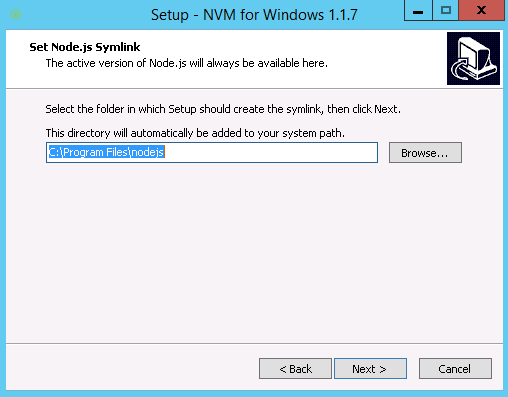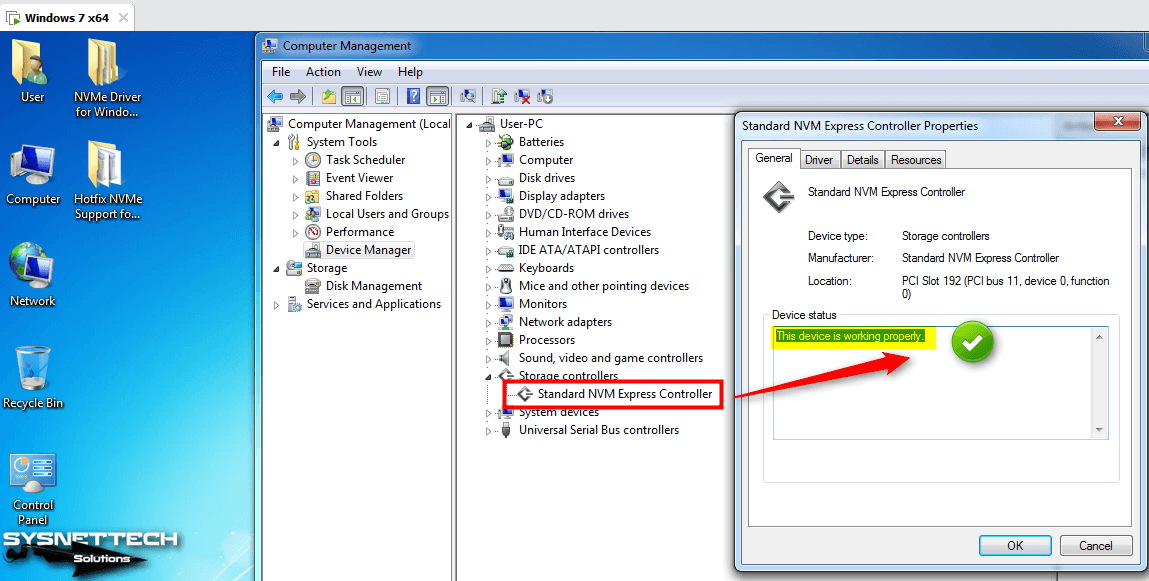

# install Voltaįor macOS and Linux, Node Version Manager⏤ nvm can be used to install and manage different versions of Node.js. To learn more about the available Volta commands, please view their reference documents for further information. With Volta, users can access a wide range of commands to help them manage their projects. Volta is a powerful JavaScript Tool Manager built on the Rust programming language, providing users with an efficient way to manage their JavaScript command line tools. Node.js versionįor those who wish to use multiple versions of Node.js in their system, a version manager can be installed to facilitate this process. If the installation was successful, the Node.js version will be returned. To check if Node.js has been successfully installed, open the terminal or command prompt and type: node -v Node.js is an open-source, cross-platform JavaScript runtime environment that can be installed on all major operating systems, including macOS, Linux and Windows.

You can set up Node.js on your machine by downloading the appropriate installer for your operating system from the official Node.js website. I’ll do my best to provide suitable alternatives. I’m using macOS, but I’m aware that some applications may not be available for Linux and/or Windows users. Alternatively, you could update the Node.js version manually, but who really wants to do that? 🥹 With the help of these, you can easily install and use the latest version of Node.js for your projects without having to worry about manual updates! The Node.js version is installed/used via project/s package.json⏤in case of Volta use, or via terminal⏤in case of nvm use. You can find on npm that both Playwright and Cypress are listed as npm modules. It’s important to note that Volta or nvm/nvm-windows are optional, but I find it much easier to install and use a Node.js version with them.

In this article, I’ll show you how to install Node.js, Volta or nvm/nvm-windows in order to install Microsoft Playwright, Cypress or any npm package afterwards.


 0 kommentar(er)
0 kommentar(er)
